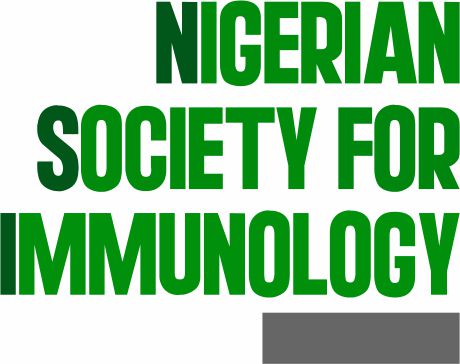About us
The Nigerian Society for Immunology (NSI) was founded in 1971. The NSI joined the International Union of Immunological Societies (IUIS), an affiliate of the International Council of Scientific Unions (ICSU) in 1972 and was then the only African member. The NSI was established with the following aims and functions, among others:
- To foster the interests of scientists in the field of Immunology.
- To explore the frontiers in Immunology.
- To promote exchange of scientific ideas between specialists in Immunology and other related areas of pathology.
- To be of service to mankind in his efforts to seek solutions to a wide array of medical problems that depends on the use of manipulations based on the understanding of the immune system.
In 1989, the NSI was registered as a member of the Pan African Union of Science and Technology with headquarters in Brazzaville, Republic of Congo. In 1992, NSI joined the Federation of African Immunological Societies (FAIS). The establishment of FAIS was driven by the urgent need to develop expertise in the continent, to address the emergence of HIV and AIDS pandemic. FAIS is affiliated to the IUIS like other Continental/Regional Immunological Societies, like the European Federation of Immunological Societies (EFIS) and Latin American Associations of Immunology or Associacion Latineamericana de Immunologia (ALAI).
The Nigerian Journal of Immunology (NJI) is an official publication of the NSI. First published in 1988, it replaced its fore-runner, the Immunology Seminar Series, which was inaugurated in 1982 in Ibadan. The aim of the journal was to provide a forum for the sustained dissemination of knowledge and progress in Biomedicine to students, teachers and practitioners of Immunology.
The secretariat of NSI is Department of Immunology, University of Ibadan, Nigeria.
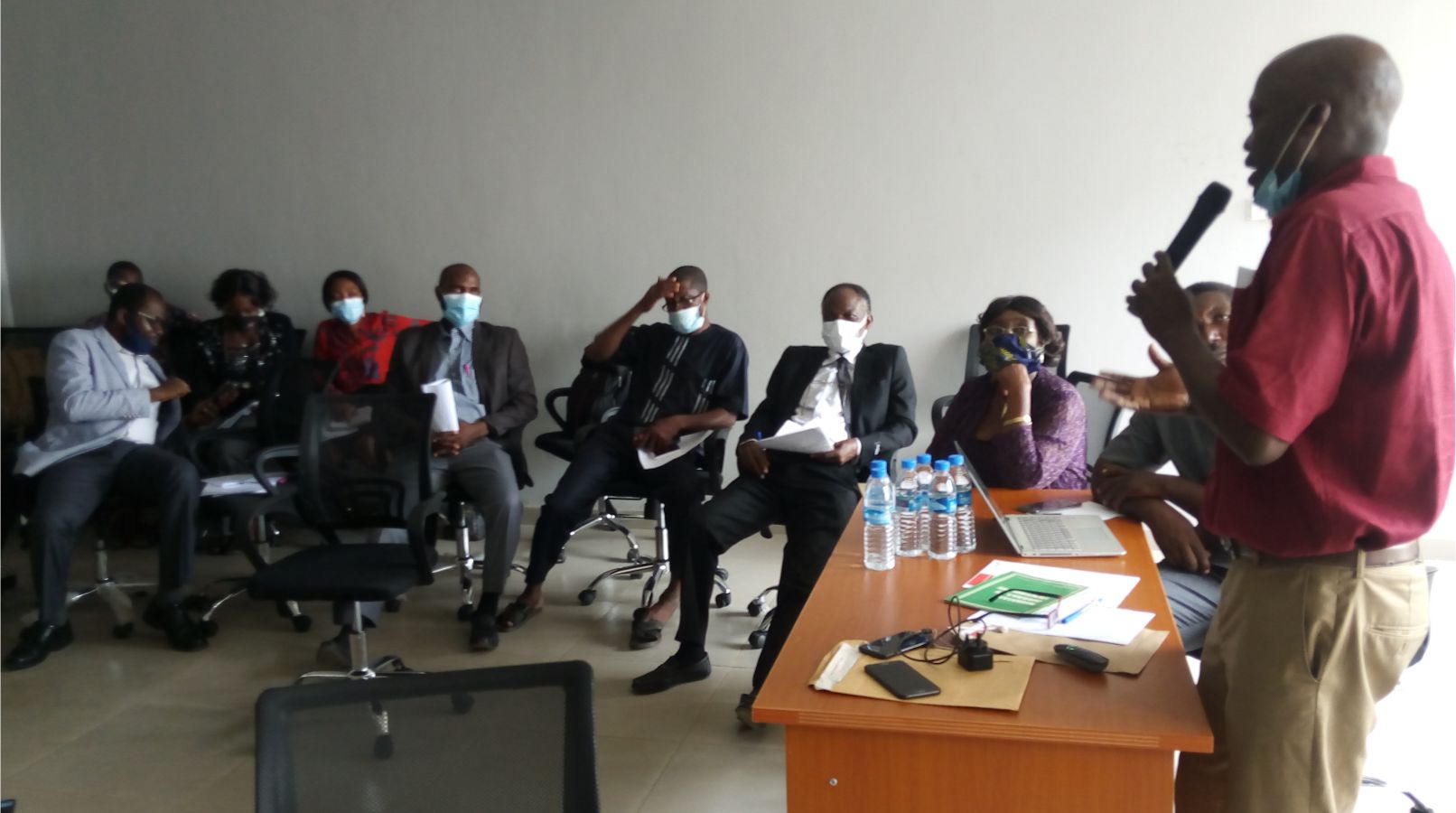
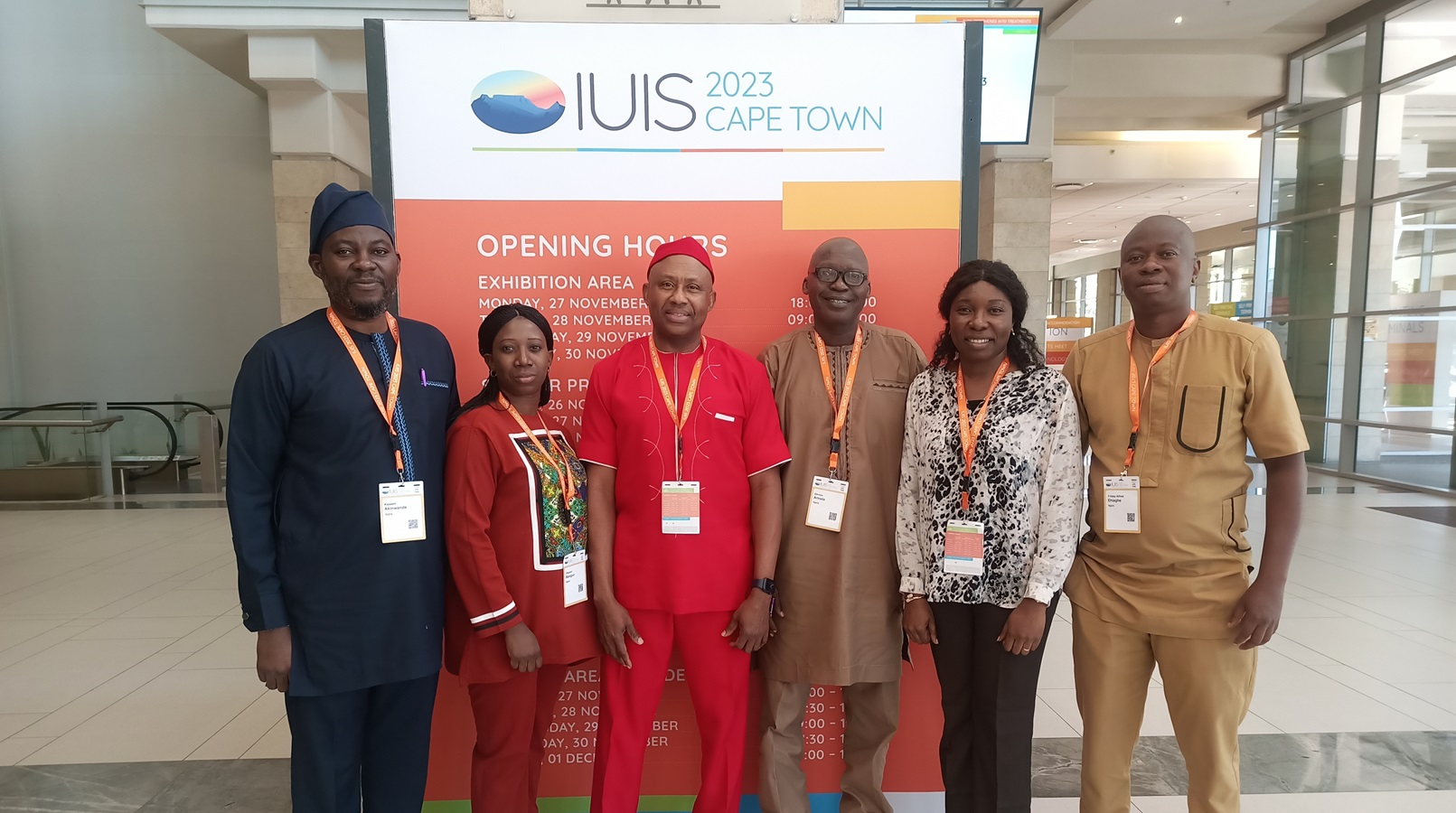
Establishment of the society
The Nigerian Society for Immunology (NSI) was founded in 1971, with the following as member of the Executive Committee:
B.O. Osunkoya, University of Ibadan - National President
A. Adeniyi, University of Ibadan - National Secretary
A. I. O. Williams, University of Ibadan - National Treasurer
It is noteworthy and a thing of pride that the NSI was founded a long time before most countries in Europe, South America and Asia thought of having their own national societies. That showed how seriously and passionately the disciple of Immunology was taken at that time in our dear country, Nigeria, and at the University of Ibadan, in particular.
The NSI members then, had very good and cooperative relationships with immunologists in Israel, the Netherlands and Switzerland. These three countries were among the eleven countries that founded their national societies in 1969 and went ahead in the same year, to form the International Union of Immunological Societies (IUIS), an affiliate of the International Council of Scientific Unions (ICSU). The other eight of the eleven founding members are Australia, Canada, the then Federal Republic of Germany, France, Poland, Scandinavia, the United States of America and Yugoslavia.
The NSI joined the IUIS immediately it was founded in 1972 and was then the only African member. The NSI was run smoothly through the seventies and the early eighties by the founding members. Annual Scientific conferences and general meetings were organized.
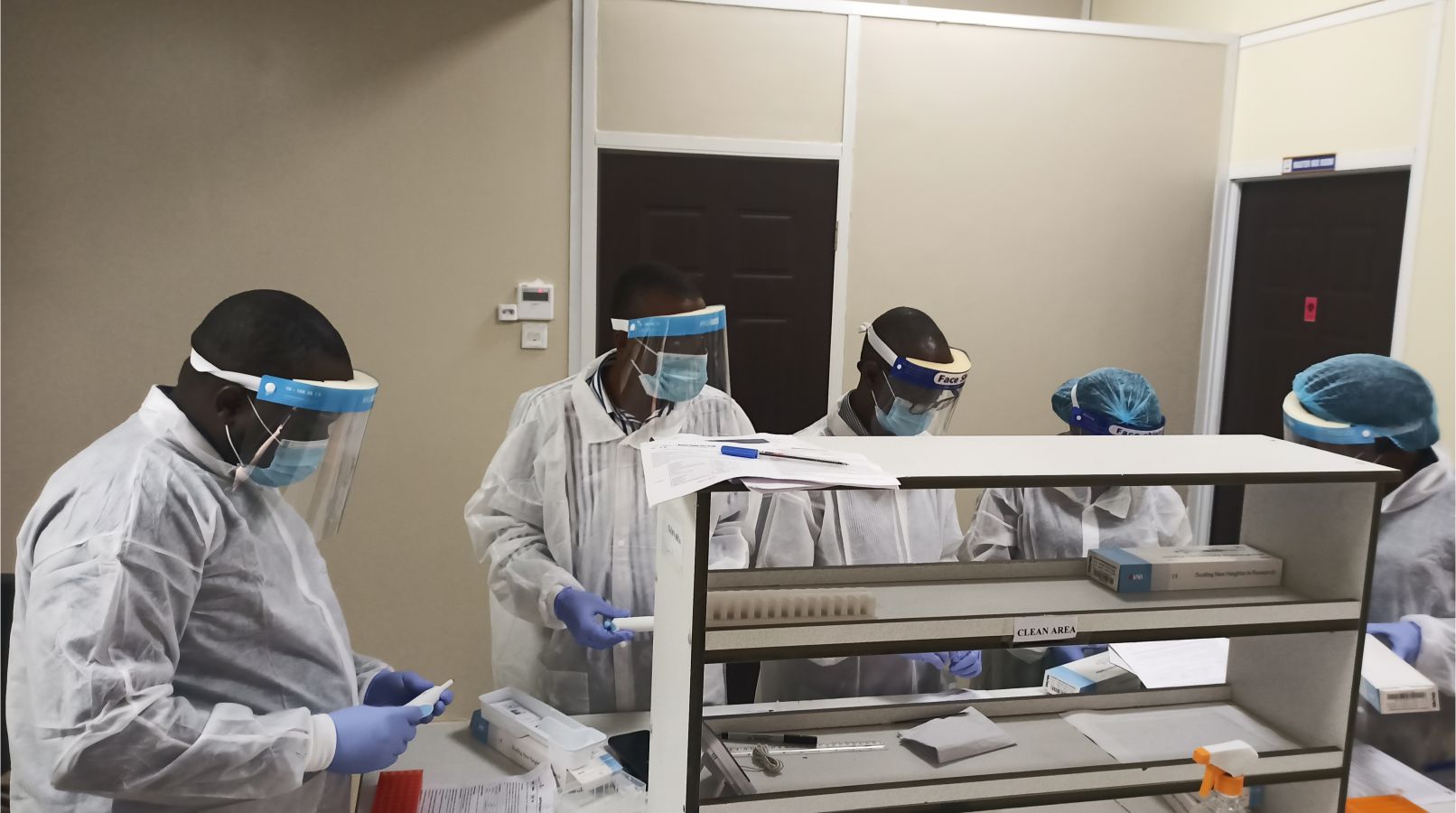
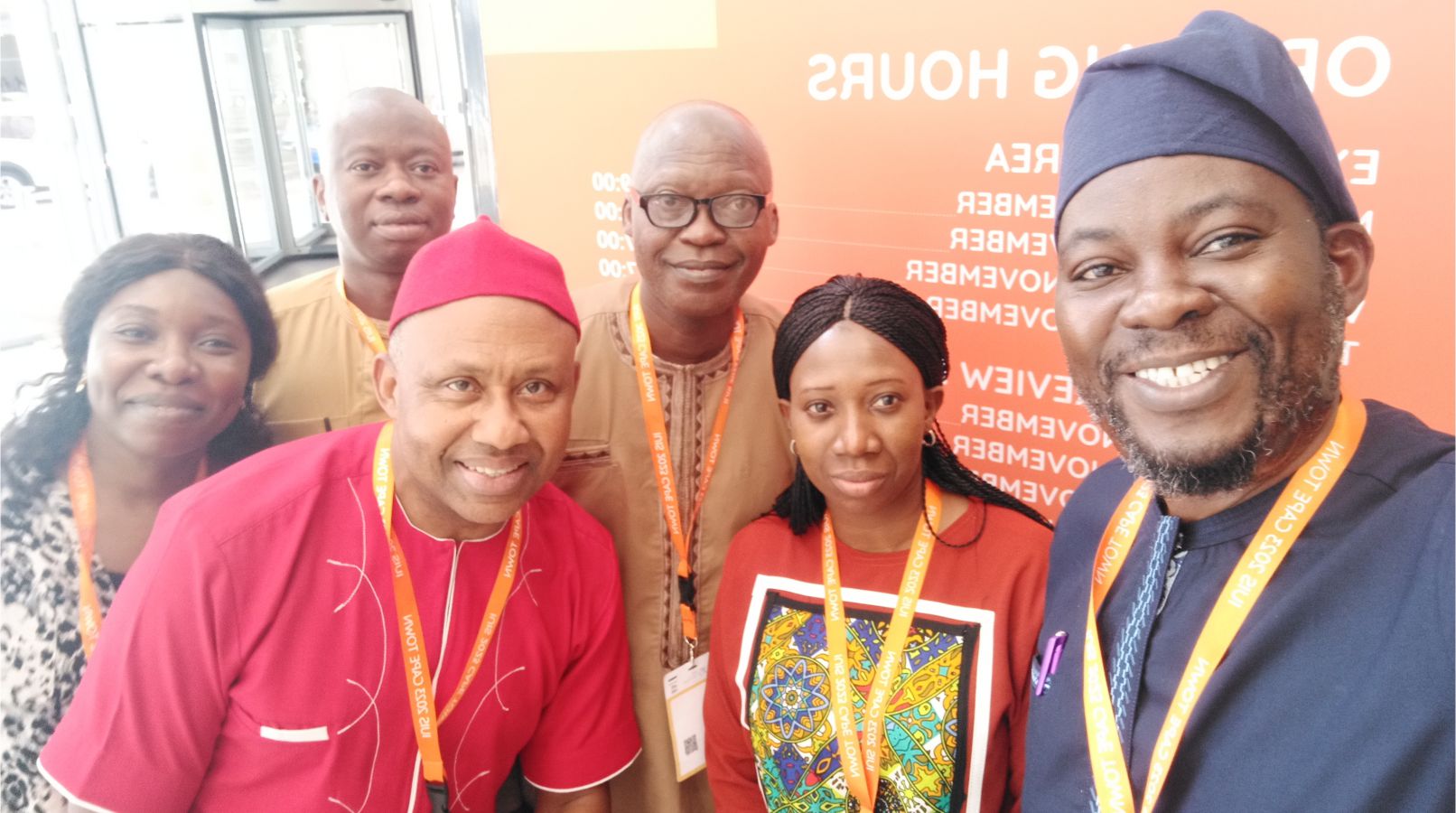
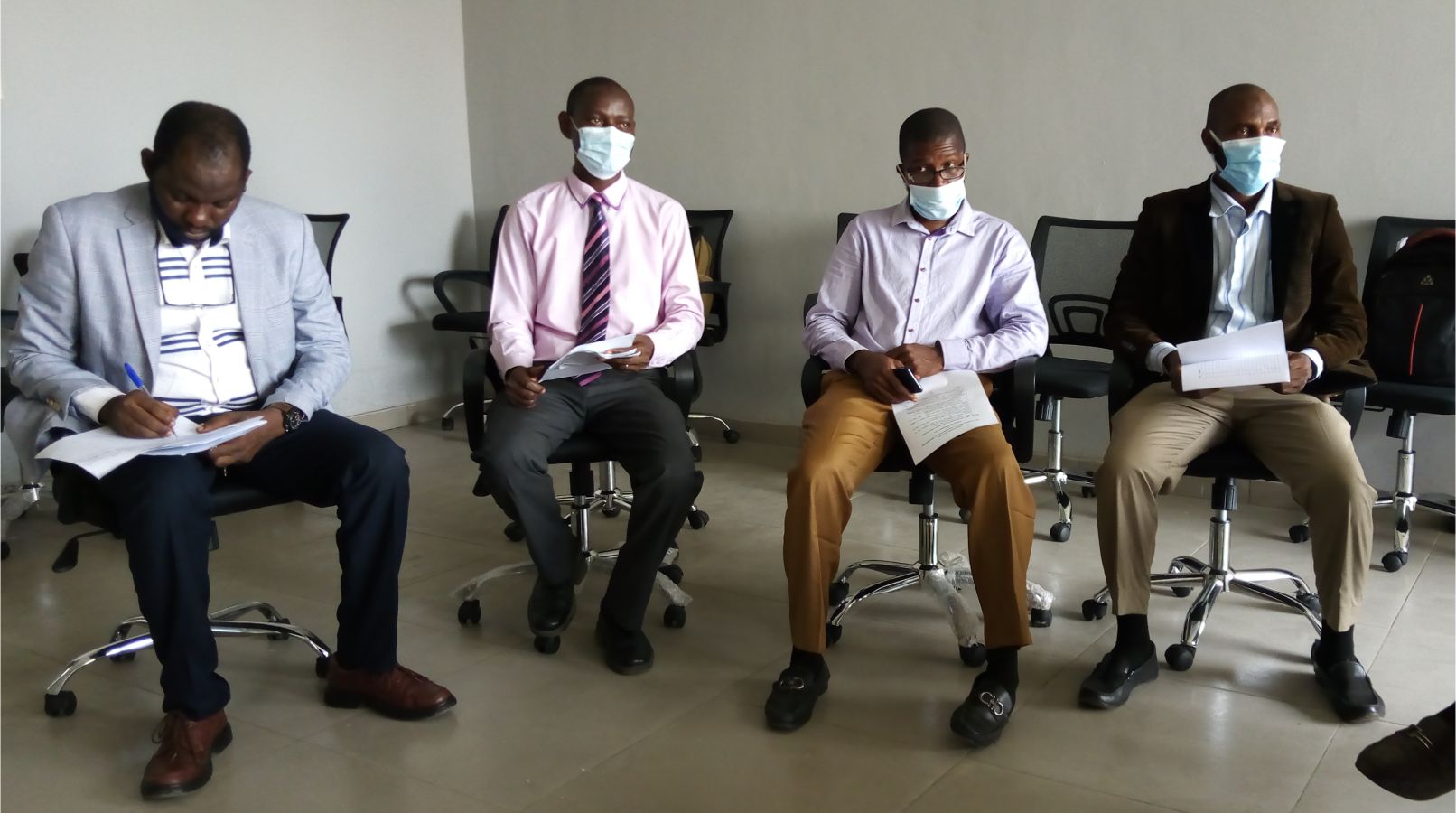
Aims
- The NSI was established with the following functions in view:
- To foster the interests of scientists in the field of Immunology.
- To explore the frontiers in Immunology.
- To promote the exchange of scientific ideas between specialists in Immunology and other related areas of pathology and finally,
- To be of service to mankind in his efforts to seek solutions to a wide array of medical problems that depends on the use of manipulations based on the understanding of the immune system.
